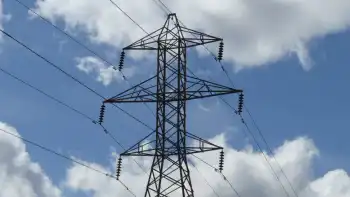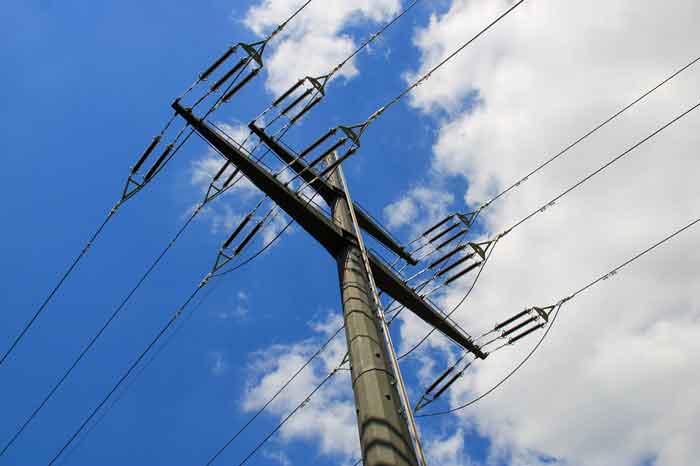Provinces target coal-fired plants
OTTAWA, ONTARIO - Provincial environment ministers have agreed to slash toxic mercury emissions from coal-fired power plants by about 60 per cent by 2010.
Under the voluntary standard which has been in the works for years, ministers will also consider a further tightening of emissions limits to achieve 80 per cent capture after 2018.
But the agreement, announced recently at a federal-provincial meeting in Yellowknife, will pose major challenges for Ontario, which has four old coal-fired plants and no plan yet to replace them.
Mercury is a highly potent toxin that persists in the environment, builds up in the food chain and can cause neurological damage to humans, who are exposed mainly through eating fish.
The metal is also blamed for causing reproductive failure among loons and river otters.
"All of us are working on plans to have this as a standard for Canada," said Saskatchewan Environment Minister John Nilson, outgoing chairman of the Canadian Council of Ministers of the Environment.
He said Saskatchewan is reviewing its power needs for the next 20 years, and reducing mercury pollution is a central objective.
Ken Ogilvie, executive director of Pollution Probe, said the national standard is an important step forward.
"Mercury is a global problem of huge significance. The faster we move the better," he said.
Ogilvie said he would prefer that the ministers commit to 80 per cent capture sooner, because it is feasible with current technology.
Ontario Environment Minister Laurel Broten said her province will have a plan by spring for closing its coal-fired plants.
Broten said she expects the federal Conservative government to honour a $536 million agreement Ontario had reached with the former Liberal government to facilitate closure of the plants.
But Ottawa has not been clear on its intentions.
Even without federal money, she said, Ontario will phase out the plants.
"We are absolutely committed to the short-term goal of 60 per cent capture by 2010."
Related News

Vancouver's Reversal on Gas Appliances
VANCOUVER - In a significant policy shift, Vancouver has decided to lift its ban on natural gas appliances in new homes, a move that marks a pivotal moment in the city's energy policy and environmental strategy. This decision, announced recently, has sparked a broader conversation about the future of energy systems and the balance between environmental goals and practical energy needs. Stewart Muir, CEO of Resource Works, argues that this reversal should catalyze a necessary dialogue on energy choices, highlighting both the benefits and challenges of such a policy change.
Vancouver's original ban on natural gas appliances was part of…




